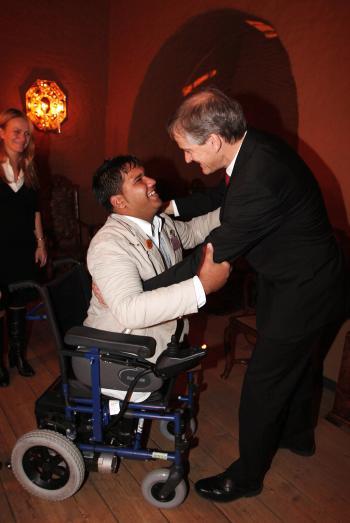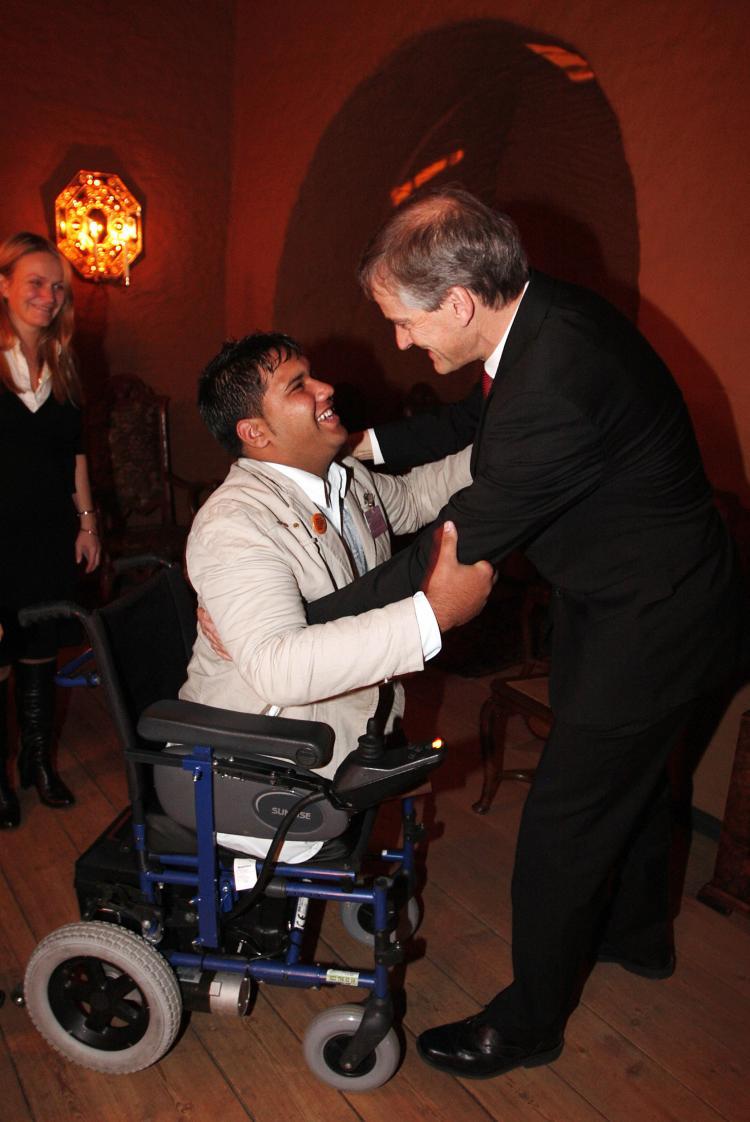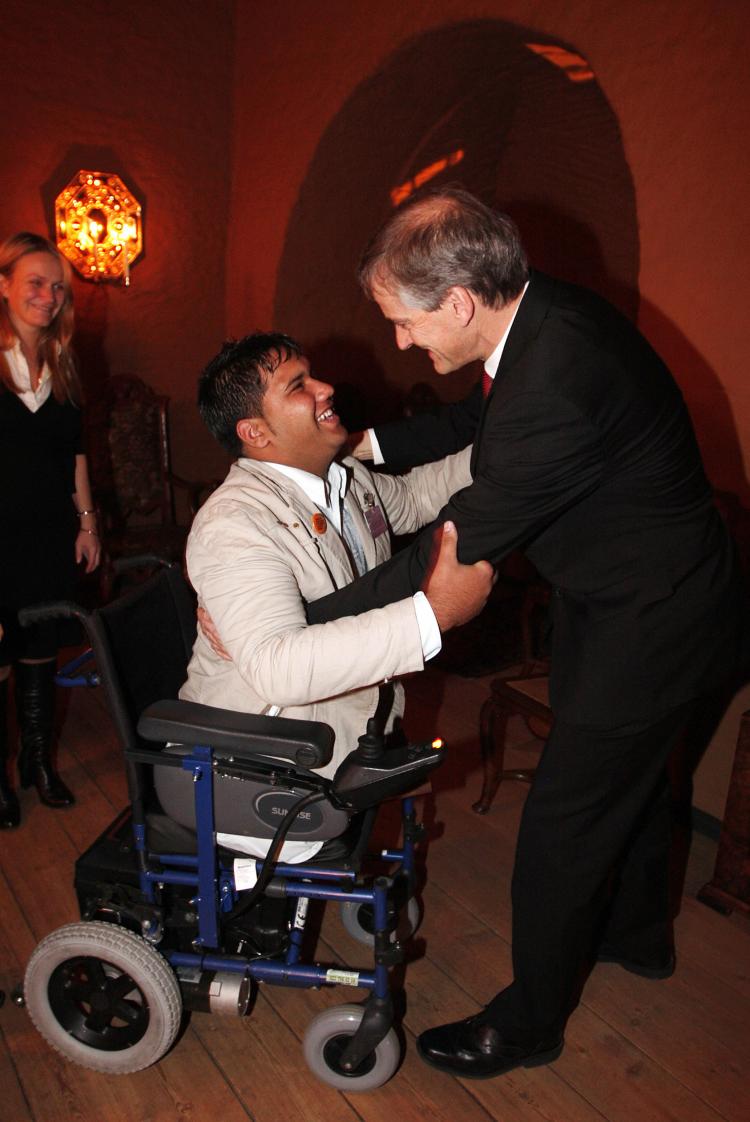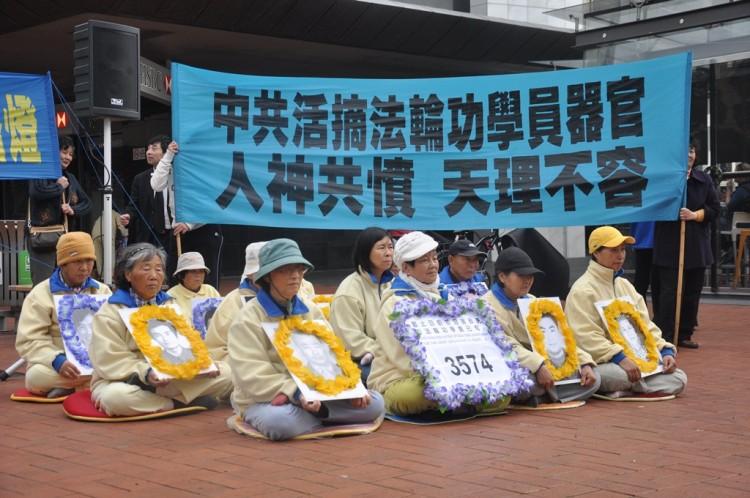Cluster Bomb Ban A Step Closer
The banning of cluster bombs has come a step closer with New Zealand being one of the first countries to sign the ban at the Convention on Cluster Munitions

Norwegian Minister for Foreign Affairs Jonas Gahr Stoere (R) welcomes Afghan cluster bomb survivor Soraj Ghulam Habib to a dinner after signing the Convention on Cluster Munitions in Oslo. Junge Heiko/AFP/Getty Images
|Updated:





